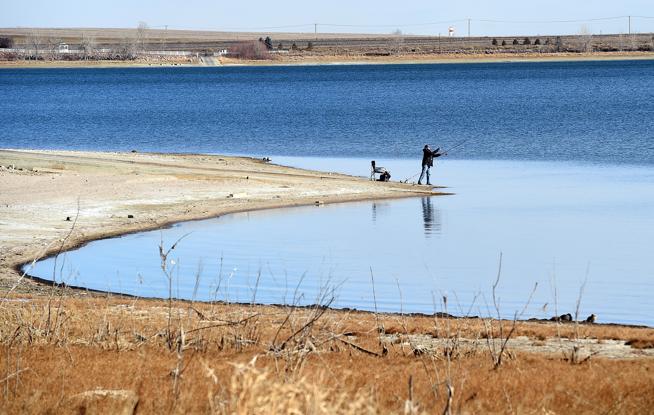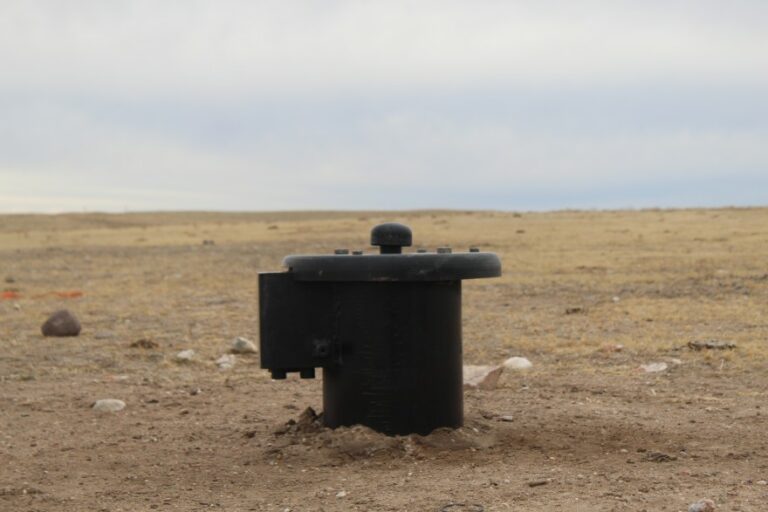Photo: AAron Ontiveroz/The Denver Post via Getty Images
WRITTEN BY
Matt Weiser, News Deeply, WATER DEEPLY
COLORADO IS EXPECTED to add 3 million residents by 2050, a 56 percent increase in a state already facing water supply challenges. To keep pace, the state is embarking on its biggest era of water development in generations.
At least seven major new reservoirs and water diversion projects are being planned in Colorado, which had a population of 5.6 million in 2017. Many would continue the controversial practice of diverting water across the Rocky Mountains from the state’s Western Slope, where the majority of Colorado’s precipitation falls, to its more arid Front Range, where people are flocking to Denver, Boulder, Fort Collins, Longmont and increasingly sprawling suburbs.
The water projects have been inspired partly by the Colorado Water Plan, an effort by Governor John Hickenlooper to solve a projected water deficit of 560,000 acre-feet by 2050, or enough to serve more than 1 million households. The plan calls for 400,000 acre-feet of new water storage and an equal amount of water conservation.
The plan is only two years old. But critics say it has prioritized gray infrastructure – new dams, pipelines and pumps – over green projects like water conservation and sustainable land use.
“Every single city is trying to further drain a river and refuses to do aggressive water conservation,” said Gary Wockner, director of Save the Colorado, an environmental group working to protect the Colorado River from further water extractions. “These cities and these water agencies think they have a water right, and they want to get that water no matter what. They want to secure all the water they possibly can.”
The water grab, as Wockner sees it, is a significant concern because climate change is already shrinking the Colorado River’s flow. One recent study found flows have already declined by an amount equal to Colorado’s projected water deficit, and will continue shrinking as the climate warms into the future. This year, the Colorado River watershed is experiencing one of its driest winters ever.


